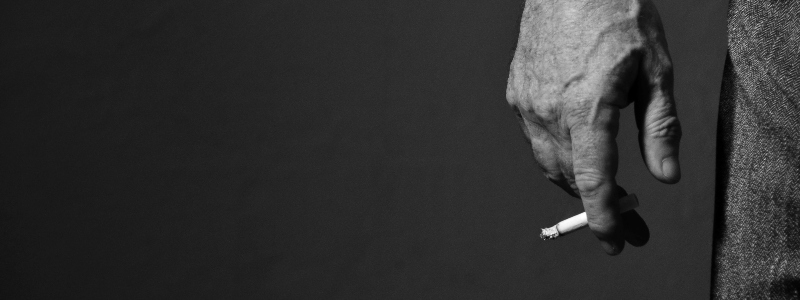Mindful eating is based on the concept of mindfulness which in essence means engaging all your senses and eating without distraction. The aim is to be more present and aware during food preparation and mealtimes to reduce overeating, eating too quickly and ‘comfort eating’ (eating to deal with difficult or unwanted emotions).
Although this sounds like quite a simple and achievable task, for many of us it is surprisingly difficult to eat mindfully due to several factors:
– We live in a fast-paced society surrounded by fast-food outlets and take aways. Everywhere you look there is pre-prepared, pre-packaged food to buy pushed by advertising designed to appeal to the part of us that looks for pleasure to get away from any discomfort. Over the last decades we as a society have become more out of touch with where our food comes from and how it is prepared.
– Slowing down any task or activity makes us more aware of how much anxiety and stress we carry and speeding up activities is a strategy that many of us employ to run away from difficult feelings. Therefore, the prospect of slowing down goes against our “fight or flight” responses designed to get away from internal stress or perceived danger. Eating slowly requires a state of relaxation and calm, which is also called “rest and digest”.
– Food and nourishment is a psychological and emotional process rooted in very early infancy and childhood. How we were fed and nourished by our primary care givers will impact how we nourish and feed ourselves in later life. In addition to this, our parent’s relationship with food is an important component, as children model themselves in the adults around them. Our early experiences in the family home shape who we are in many ways, and this applies to food and eating as well.
– Peer pressure and social media, on young people (especially young girls) to have certain body shape and size plays a big role in our relationship with food. Food becomes linked with gaining weight and gaining weight is in turn linked with being unlovable. This cycle works against encouraging children and young people to develop a healthy relationship with food and eating.
Mindful eating requires a whole rethink of our relationship with food and eating involving the whole process from start to finish, which includes where we buy and source our food from, food storage and preparation, how we organise our mealtimes and how much time we dedicate to them.
Psychologically, this is about affect regulation, or a healthy capacity to regulate emotions. In practice it means we can manage our feelings of stress and anxiety by not resorting to overeating or over restricting. Food is designed to nourish and nurture. It is a pleasurable but also functional activity. Our bodies need good healthy food to function well. This includes the process of absorbing and digesting the nutrients we consume. Mealtimes should be stress-free and we should not eat when stressed or our digestion will be compromised.
To conclude: mindful eating requires slowing down and paying attention to our food and eating as much as possible in a relaxed, stress-free environment. Eating should be an enjoyable activity designed to nourish our bodies rather than a mechanism to avoid or manage difficult feelings. Our relationship with food is rooted in early childhood and
infancy, but it is possible to revert bad habits and to tackle psychological issues in therapy, which impacts our negative relationship with food and eating. Restricting access to social media and external pressures to look and eat a certain way will help us focus more on ourselves and our needs, rather than on the perceived demands and expectations of others.
On our website you can find more information about our counselling and psychotherapy services and how to contact our team.
Sam Jahara is a UKCP Registered Psychotherapist, Clinical Superviser and Executive Coach. She works with individuals, couples and groups in Hove and Lewes.
Further reading –
What are the benefits of counselling and psychotherapy?
Why is mental health important?
What makes us choose our career paths?
Antidotes to coercive, controlling and narcissistic behaviour


